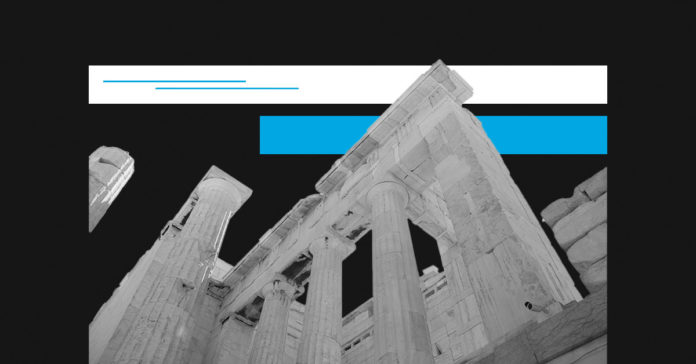The world of the elements and all it contains comes into being and decays. Minerals, plants, all the animals including man, and the other created things come into being and decay, as one can see with one’s own eyes. The same applies to the conditions that affect created things, and especially the conditions that affect man. Sciences grow up and then are wiped out. The same applies to crafts, and to similar things.
Prestige is an accident that affects human beings. It comes into being and decays inevitably. No human being exists who possesses an unbroken pedigree of nobility from Adam down to himself. The only exception was made in the case of the Prophet (ﷺ), as a special act of divine grace to him, and as a measure designed to safeguard his true character.
Nobility originates in the state of being outside. That is, being outside of leadership and nobility and being in a base, humble station, devoid of prestige. This means that all nobility and prestige is preceded by the non-existence of nobility and prestige, as is the case with every created thing.
It reaches its end in a single family within four successive generations. This is as follows: The builder of the family’s glory knows what it cost him to do the work, and he keeps the qualities that created his glory and made it last. The son who comes after him had personal contact with his father and thus learned those things from him. However, he is inferior to him in this respect, inasmuch as a person who learns things through study is inferior to a person who knows them from practical application. The third generation must be content with imitation and, in particular, with reliance upon tradition. This member is inferior to him of the second generation, inasmuch as a person who relies upon tradition is inferior to a person who exercises independent judgment.
The fourth generation, then, is inferior to the preceding ones in every respect. Its member has lost the qualities that preserved the edifice of its glory. He despises (those qualities). He imagines that the edifice was not built through application and effort. He thinks that it was something due his people from the very beginning by virtue of the mere fact of their descent, and not something that resulted from group (effort) and (individual) qualities. For he sees the great respect in which he is held by the people, but he does not know how that respect originated and what the reason for it was. He imagines that it is due to his descent and nothing else. He keeps away from those in whose group feeling he shares, thinking that he is better than they. He trusts that (they will obey him because) he was brought up to take their obedience for granted, and he does not know the qualities that made obedience necessary. Such qualities are humility (in dealing) with (such men) and respect for their feelings. Therefore, he considers them despicable, and they, in turn, revolt against him and despise him. They transfer leadership from him and his direct lineage to some other related branch, in obedience to their group feeling, after they have convinced themselves that the qualities of the (new leader) are satisfactory to them. His family then grows, whereas the family of the original (leader) decays and the edifice of his ‘house’ collapses.
That is the case with rulers who have royal authority. It also is the case with all the ‘houses’ of tribes, of amirs, and of everybody else who shares in a group feeling, and then also with the ‘houses’ among the urban population. When one ‘house’ goes down, another one rises in another group of the same descent.
The rule of four (generations) with respect to prestige usually holds true. It may happen that a ‘house’ is wiped out, disappears, and collapses in fewer than four, or it may continue unto the fifth and sixth generations, though in a state of decline and decay. The four generations can be defined as the builder, the one who has personal contact with the builder, the one who relies on tradition, and the destroyer.
Muhammad (ﷺ) said: ‘The noble son of the noble father of the noble grandfather of the noble great-grandfather: Joseph, the son of Jacob, the son of Isaac, the son of Abraham.’ This indicates that Joseph had reached the limit in glory.
In the Torah, there is the following passage: ‘God, your Lord, is powerful[1] and jealous, visiting the sins of the fathers upon the children unto the third and the fourth generations.’ This shows that four generations in one lineage are the limit in extent of ancestral prestige. . ..
[Muqaddimah by Ibn Khaldun, p.105-107]
Notes:
[1] De Slane makes the important observation that the addition of ‘powerful’ in Exod. 20:5 is found only in the Vulgate, which, therefore, must have been the ultimate source of Ibn Khaldûn’s quotation.









